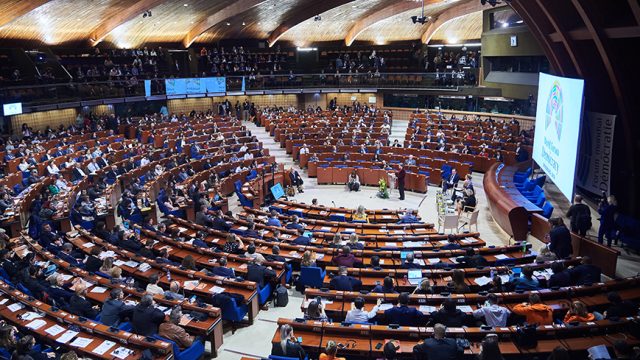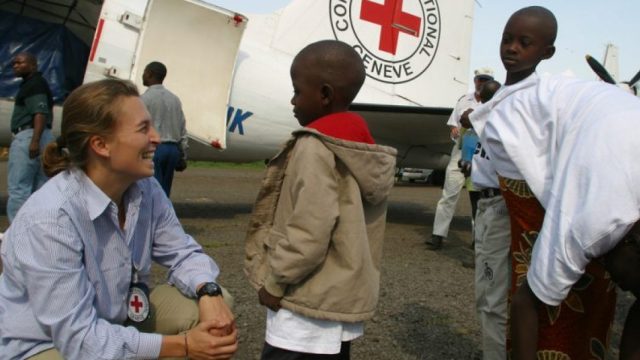FULLY FUNDED : Check out the Internet Society Pulse Research Fellowship 2024 for Researchers Worldwide
Applications are open for the Internet Society Pulse Research Fellowship 2024 for Researchers Worldwide.
The Internet Society Pulse Research Fellowship supports researchers in conducting data-driven analysis or developing tools that contribute to an open, globally connected, secure, and trustworthy Internet.
Program Objectives
- Support the development of original, top-tier Internet measurement research.
- Foster a community of researchers, data specialists, and network engineering experts alongside policymakers and journalists to help strengthen and grow the Internet.
- Strengthen partnerships among global organizations working on data-driven research to understand Internet trends.
- Develop new techniques or implement existing methodologies to improve data gathering, analysis, and visualization on the Pulse platform.
- Explore interdisciplinary research topics related to making the Internet resilient, robust, and open.
Focus Areas
The research topic should reflect one or more of Internet Society Pulse’s focus areas: Enabling Technologies, Internet Shutdowns, Internet Resilience, Market Concentration, and Keeping Traffic Local. Candidates are encouraged to select one of the proposed topics, but the application is open to all relevant projects.
| NetLoss 2.0 | The Internet Society Pulse NetLoss Calculator (v1.0) estimates the economic impact of government-mandated Internet shutdowns. It is based on an econometric model that provides rigorous and precise estimates of the GDP, FDI, and employment loss. NetLoss currently only takes into account Internet shutdowns that are government-mandated.
In the next iteration, we will expand the model to include other types of Internet outages, including those related to natural disasters or human-triggered (cable breaks, network configurations) outages. This will involve: |
| Measuring DNS Resilience | The DNS is used by most services and applications available today on the Internet. Therefore, it’s essential to quantify the resilience of the DNS, particularly against attacks targeted against it, and provide solutions to strengthen its infrastructure. The goal of this project is to conduct a study to measure the ability of the DNS infrastructure to provide stable, reliable, and secure name resolution and maintain an acceptable level of service in the face of faults and challenges to normal operations. This will involve examining the hosting and reliability of ccTLDs and all global DNS services. |
| Quantifying local Internet traffic | This study aims to quantify the extent to which Internet Content Providers (CPs) source their content from local servers/caches rather than externally (out of the country) and whether or not access is via an Internet Exchange Point. This work will help measure the impact of the Internet Society’s 50/50 Vision. It will involve periodically assessing the level of traffic locality globally, based on the country’s popularity of Internet services and top N websites. |
| Predictive modeling of Internet outages using the Internet Resilience Index | The Internet Society Pulse Internet Resilience Index (IRI) uses a defined set of metrics that tracks and records the different components that contribute to the overall resiliency of the Internet. Currently, the index provides a ranking of countries based on their overall resiliency but does not provide a prediction of failure points. This project will extend the current framework and develop a predictive analytics module to highlight the potential risk and identify the “weakest links” of a country’s resiliency chain. |
| Detecting network interference through data aggregation | Manipulations at any network stack layer can trigger censorship events, including Internet shutdowns. The good thing is that many openly available data sources, such as M-Lab, IODA, Google’s Transparency Report, or CensoredPlanet, provide near real-time data on censorship events. The challenge is correlating these datasets and extracting similarities to identify censorship/shutdown events confidently.
This project aims to develop machine-learning or statistical models that can help detect anomalies from multiple datasets and eliminate false inferences. |
Location
The selected candidate can work remotely from anywhere in the world.
Selection Criteria
Applicants will be selected according to their:
- Proposal’s relevance to the Pulse focus areas.
- Knowledge of Internet measurements and experience necessary to accomplish the proposed research goals.
- Ability to commit at least 25 hours per week to the fellowship.
Timeline
22 November: Applications open.
15 December 23:59 UTC: Deadline for Statement of Interest
20 December: Invitation to submit detailed application sent to shortlisted applicants
20 January 23:59 UTC: Deadline for detailed project submission
1 February: Selected applicant informed and starting date agreed upon.
Reporting
The selected Pulse Research Fellow must submit a progress report directly to the Internet Society Pulse Fellowship team every four weeks, starting one month after the program begins.
Scroll down for more details and click on the official link attached to apply now.
Additional Information
Note: The Internet Society will perform an OFAC check on the selected applicant. The fellowship will only begin once clearance has been received.
FULLY FUNDED : Check out the Internet Society Pulse Research Fellowship 2024 for Researchers Worldwide 0 reviews
Login to Write Your ReviewThere are no reviews yet.









